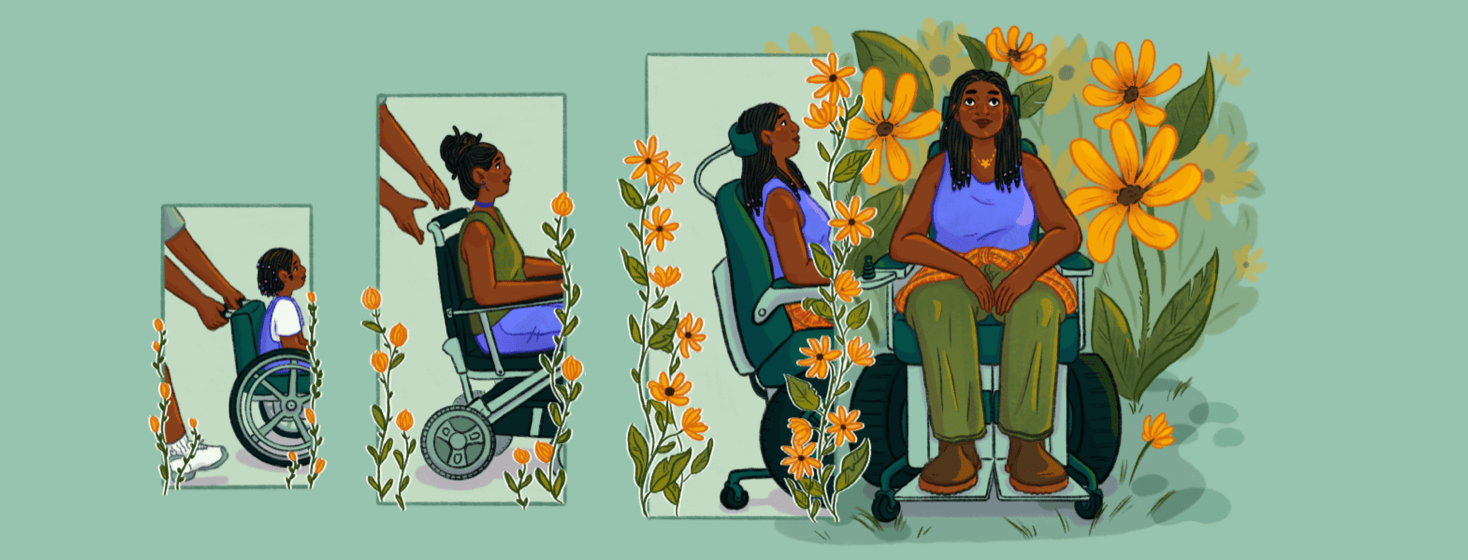Transitioning To Adulthood with SMA
I was raised by two amazing parents who truly fought for the best for their children, both disabled and not. Like I think most parents do, my parents did everything within their power to give me the best life I could possibly have.
But of course, it did not come without its challenges. Many doctor's appointments, physical therapies, creative ways to travel and vacation and so much more. But as a child, I viewed the way we lived life as normal.
I didn’t realize until I became an adult that these were intentionally fought for things. And what I didn’t realize even more is how much my parents instilled in me that I was able to fight for myself.
Taking charge of my care for SMA
I remember transitioning in my late teens from being a kid under my parent's roof to an adult that was soon to be married and living with her new husband. Things like finding a doctor and advocating for what I needed, wheelchair appointments, and new treatment research were all now in my court.
Now don’t get me wrong. It’s not like my parents would not help me with these things, but I knew it was part of transitioning to adulthood. I had to learn to take the reins myself and fight for what I truly needed.
Learning to fight and advocate for myself
I did however have a lot of questions for my parents on what things to ask for and what kind of doctors and how to vet them to know if they were a good fit for my care.
The biggest thing was being vocal. Stand up for what you believe, stand up for what you need, and even stand up for what you want. I’m thankful that I had parents that taught me I had a voice in my own care.
I know the transition for teenagers to adulthood is a tough one regardless of a disability or not, but I do believe I had more elements to think through. It’s a tough transition, but know that there is always a solution.
Preparing teenagers to be involved in their care
If you are a parent of a child with spinal muscular atrophy, I encourage you to allow your child in on some of your role as the parent.
Let them make some decisions even as a teenager or young child towards their care, let them see the work that goes into caring for them and making wise decisions. Explain your thought processes on things so they can begin to make those decisions on their own.
If you are someone living with spinal muscular atrophy, whether you are a teenager or a young adult, I encourage you that you’re capable of making these decisions. If you’re stuck in an area, ask someone who has lived through the situation, and ask your caregiver or parents for their advice.
The transition to adulthood can be a daunting season of life, but I encourage you that you are about to enter the most rewarding season. A season you get to flourish in.
Connect with others in the Forum: Share your caregiving experiences.

Join the conversation